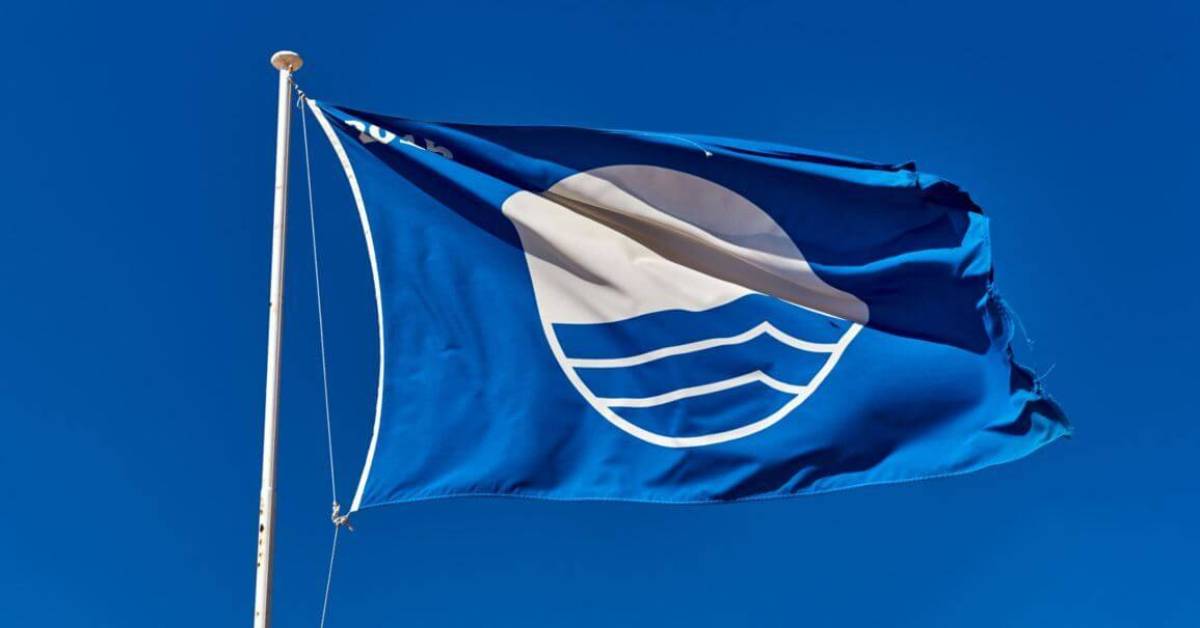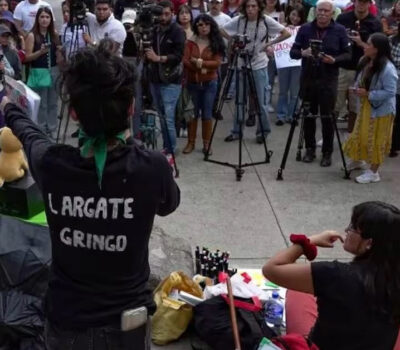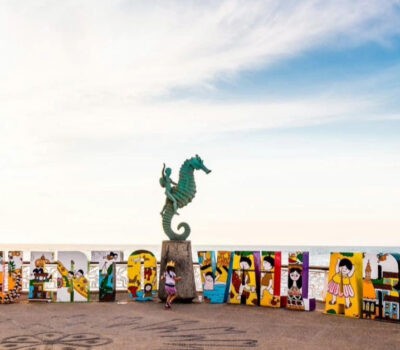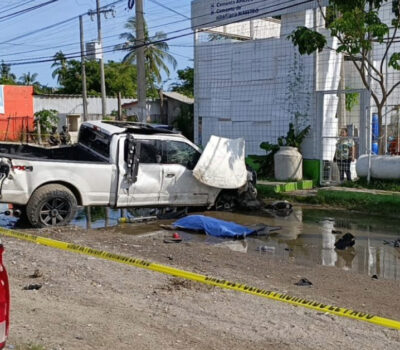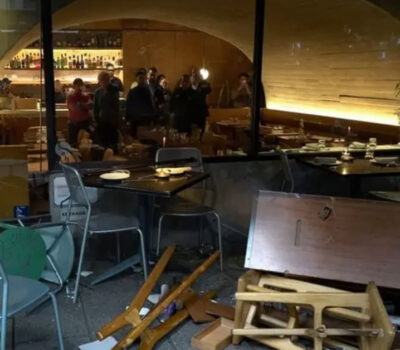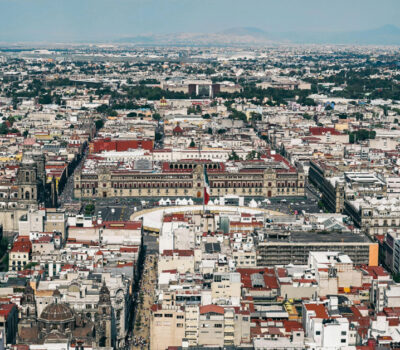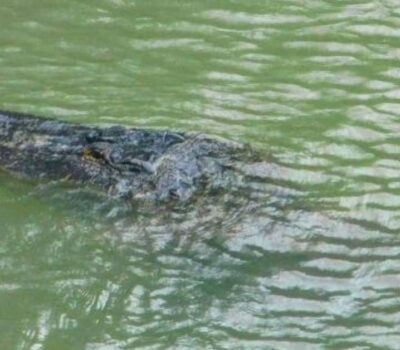Puerto Vallarta will enter the 2025–2026 season with four international Blue Flag distinctions in Puerto Vallarta, even after tourism-driven environmental damage cost it half of its previous honors. The Foundation for Environmental Education (FEE) in Mexico confirmed that three resort flags will be revalidated at Marriott Puerto Vallarta Resort & Spa, The Westin Resort & Spa Puerto Vallarta, and Sheraton Buganvilias. Camarones Beach will also regain its municipal flag for meeting FEE’s 33 strict criteria.
For years, Puerto Vallarta led Mexico with eight Blue Flags. Rapid tourism growth strained local ecosystems, compromised water quality, and stressed waste-management systems. As developers raced to build condos and beach clubs, some stretches lost their flags. Now, hotels and city authorities have teamed up to restore standards and reclaim Puerto Vallarta’s eco-credentials.
Rebeca Sánchez, Sustainable Management Manager at FEE Mexico, said the team is finalizing logistics for a flag-raising ceremony. “We’re working closely with resort operators and municipal staff to hold an event that recognizes efforts to protect beaches and visitors,” she said.
This week’s season opener in Cancún, Quintana Roo, highlighted 49 Blue Flag certifications—seven public beaches, four hotels, and 38 tourist vessels. Joaquín Díaz Ríos, member of the FEE Global Board and president of its International Blue Flag Jury, called Cancún the continent’s Blue Flag capital and credited its success to coordinated action among hoteliers, service providers, and authorities.
The Blue Flag awards rest on four pillars: environmental education, water quality, management, and safety and services. Each site undergoes regular water testing, provides public information on local ecosystems, maintains accessible facilities, deploys lifeguards, and manages waste responsibly.
Local leaders in Puerto Vallarta see the four retained flags as a foundation to rebuild. Hoteliers invested in upgraded sewage treatment and beach cleanup programs. The municipal government increased inspections and launched a public campaign on responsible tourism. Residents and visitors now sort recyclables at designated points and join monthly shoreline cleanups.
Tourism operators welcome the restored flags, hoping they reassure travelers. “These distinctions signal that our beaches and resorts meet global standards,” said one local guide. “They prove we can host growth without sacrificing what makes Puerto Vallarta special.”
Still, the reduced total reminds stakeholders of the work ahead. Environmental advocates urge tighter limits on beachfront development and more stringent waste-management rules. “We must balance economic benefits with long-term health of our coast,” said a marine biologist at the University of Guadalajara.
Puerto Vallarta’s renewed Blue Flags show that recovery is possible when public and private partners unite. As the city raises its flags, it underscores a shared commitment to cleaner water, safer beaches, and accessible facilities. With continued vigilance, Puerto Vallarta aims to expand its Blue Flag program and restore the eight distinctions it once held.
Puerto Vallarta will enter the 2025–2026 season with four international Blue Flag distinctions in Puerto Vallarta, even after tourism-driven environmental damage cost . . .

